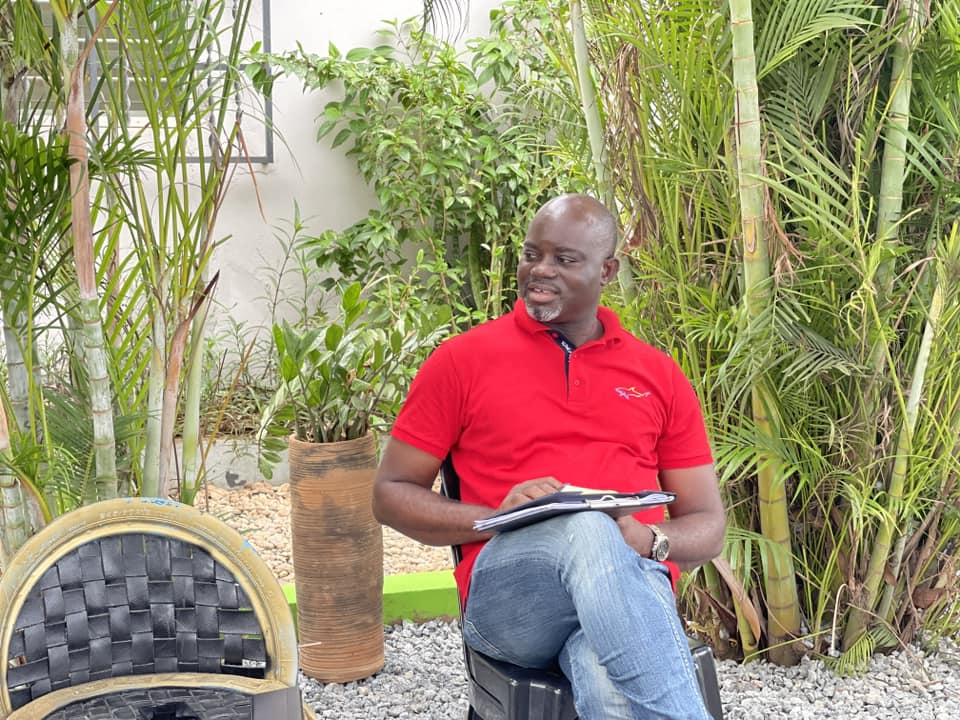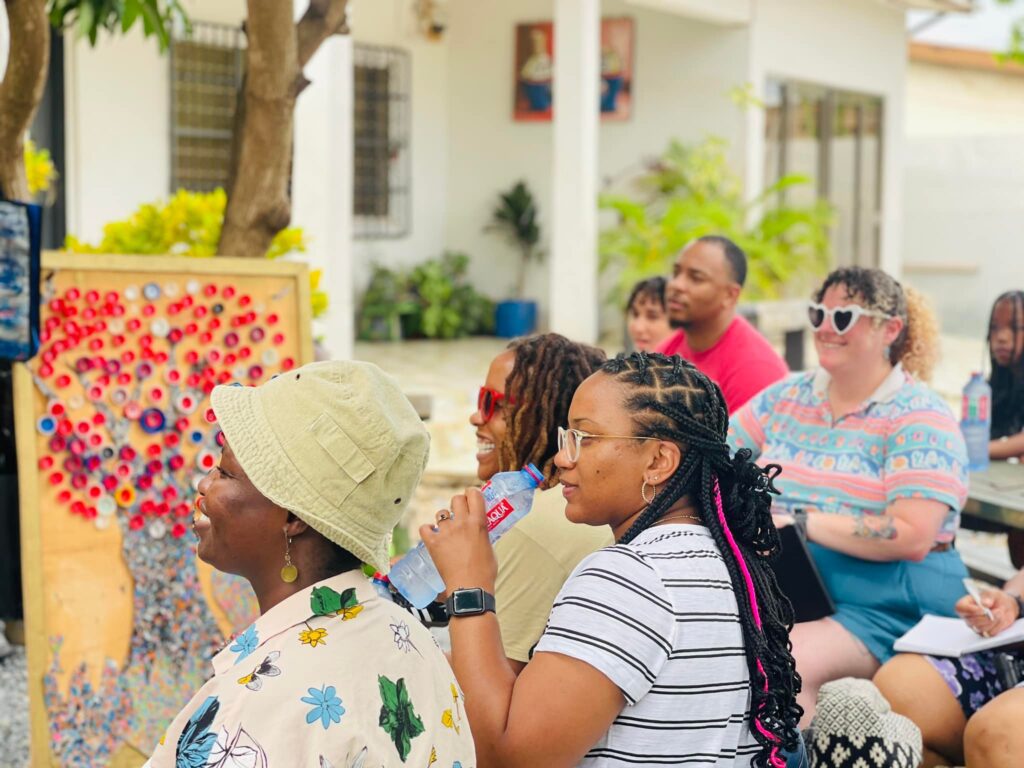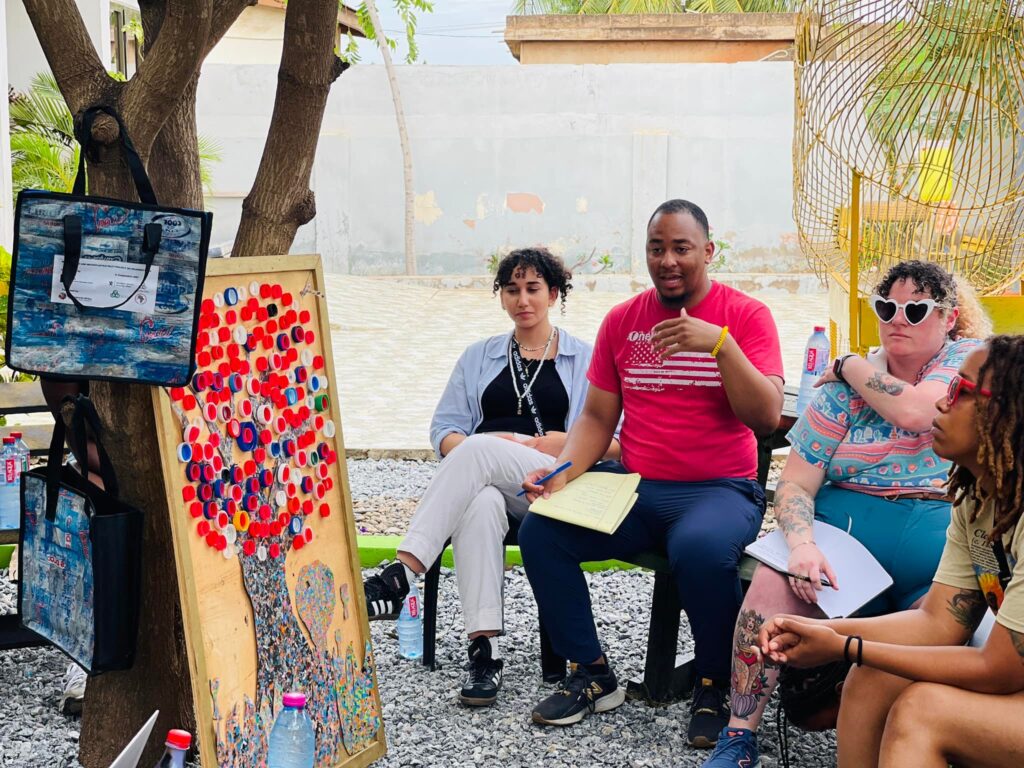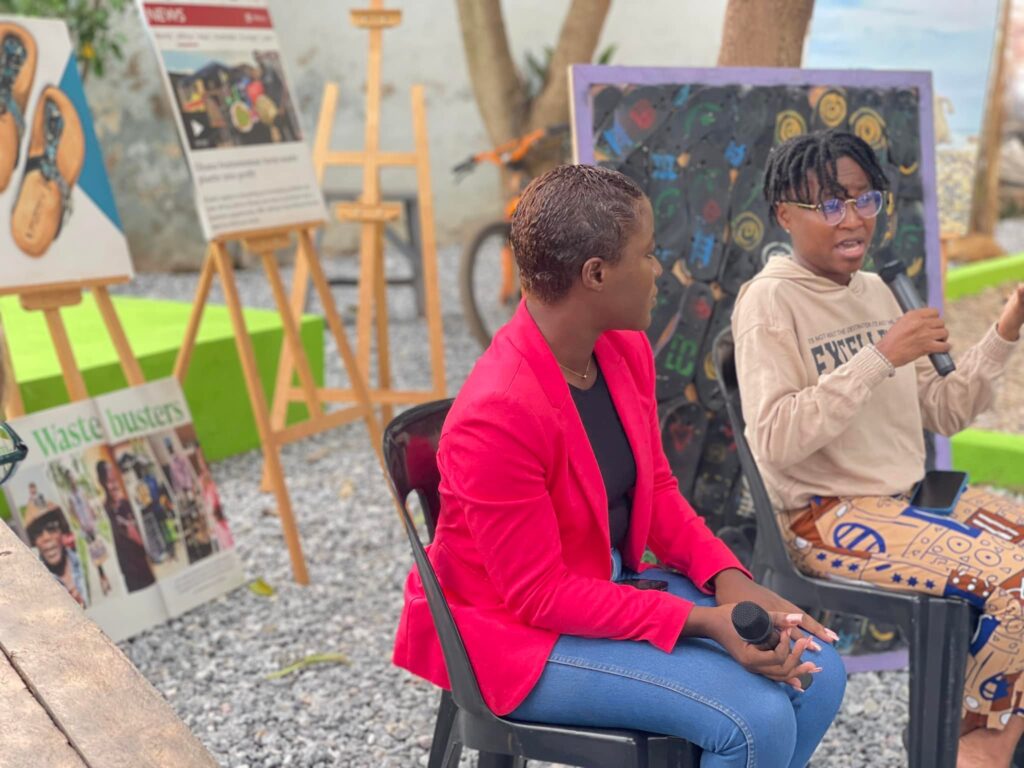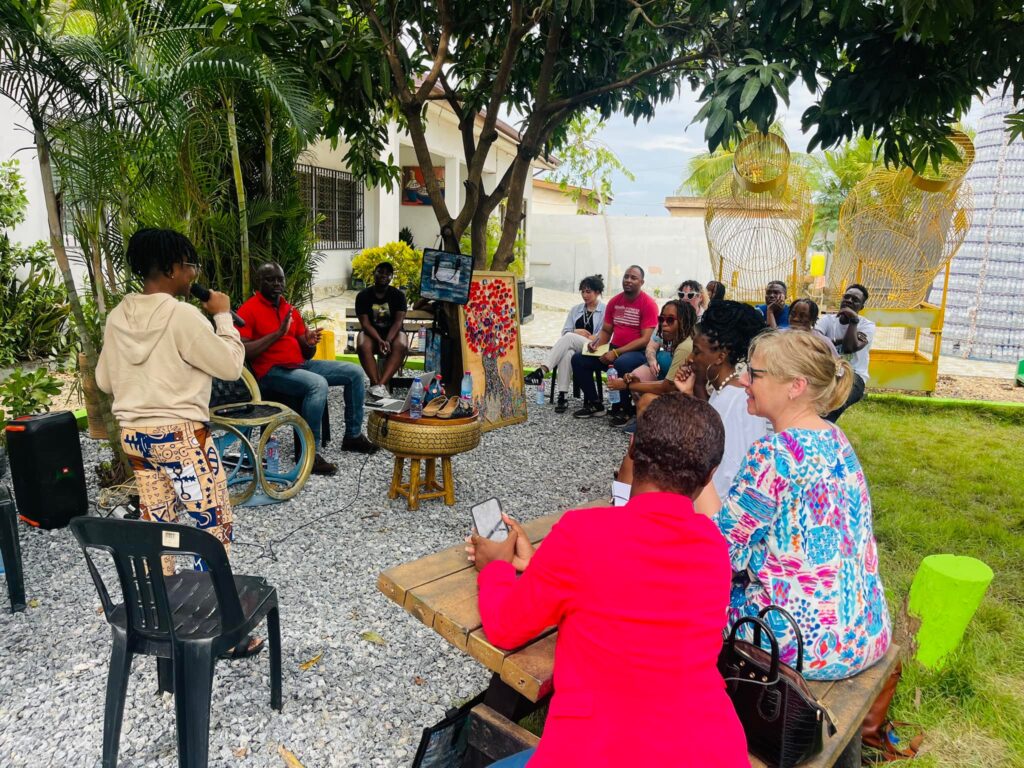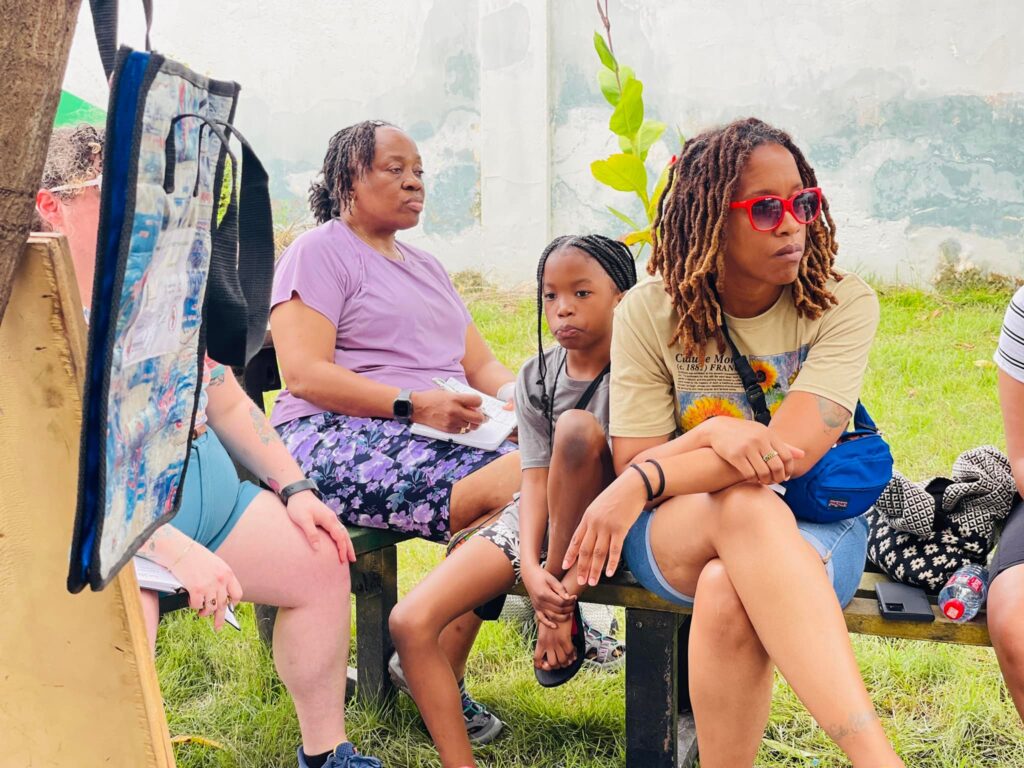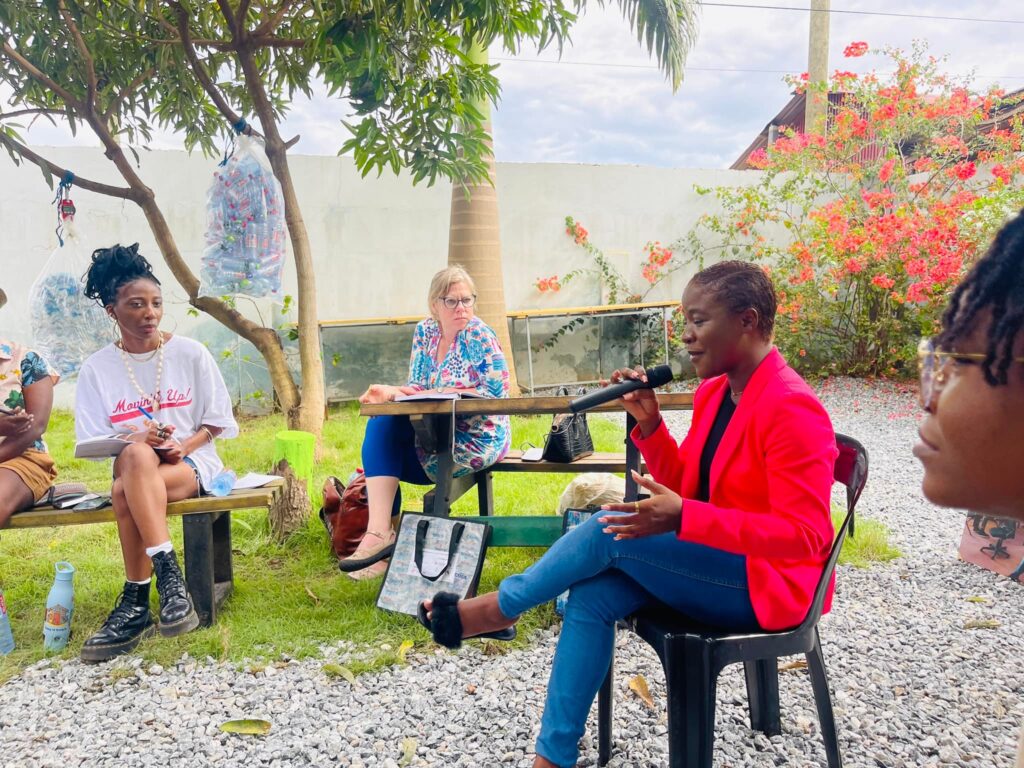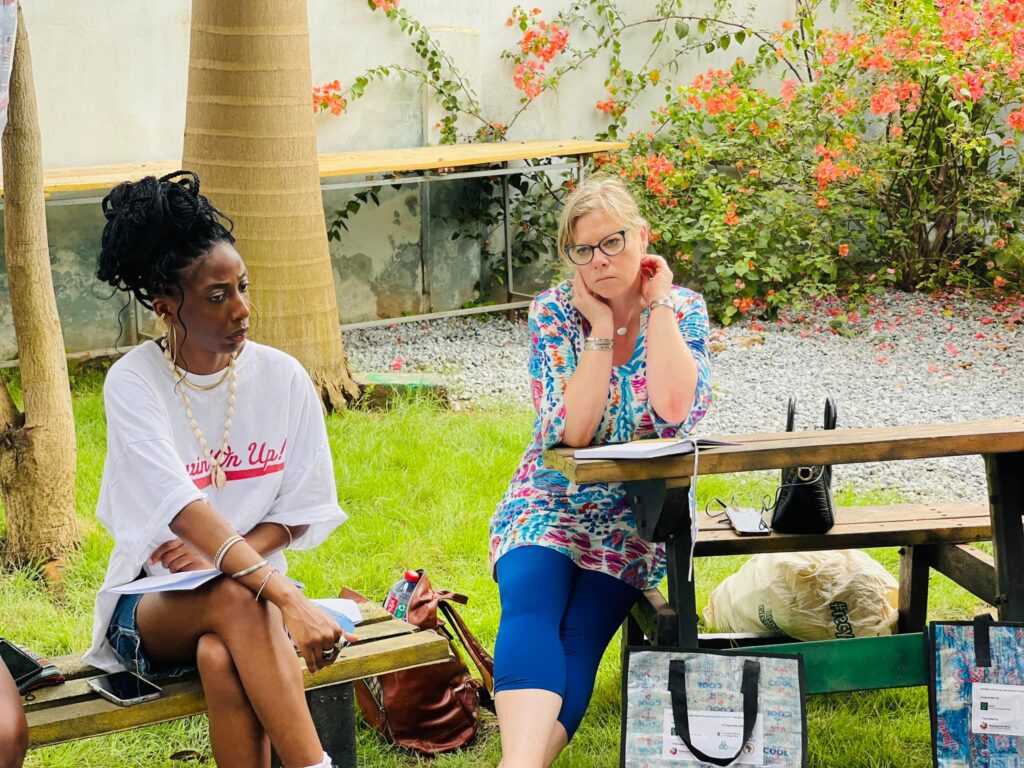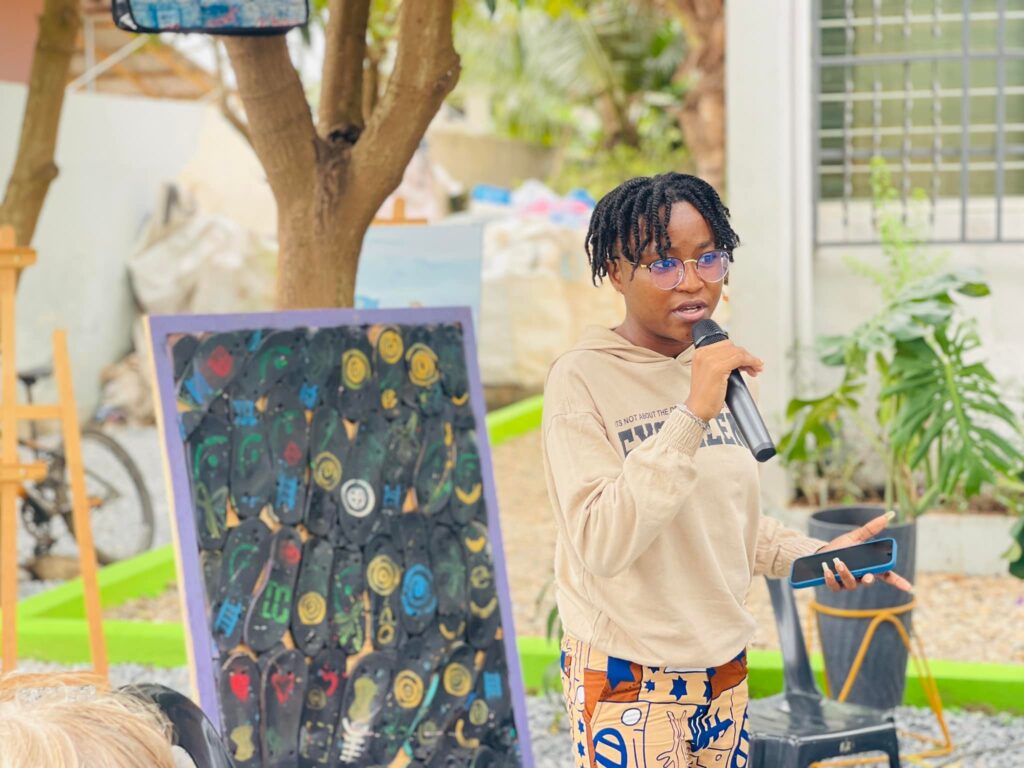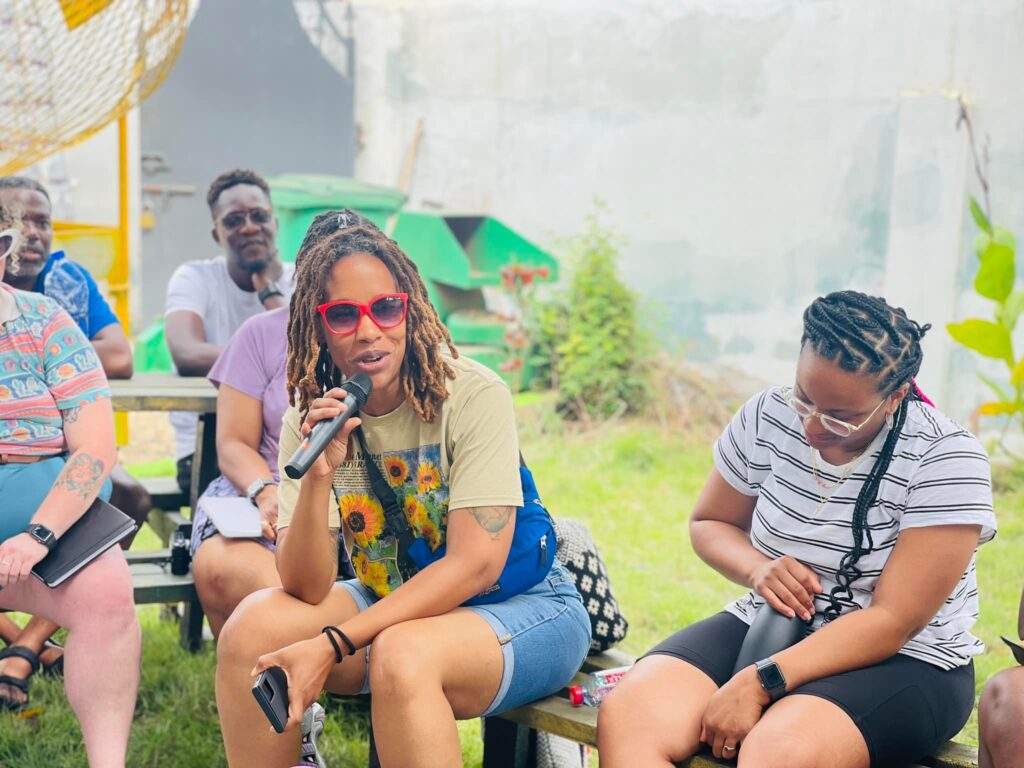On June 3, 2023, McKingtorch Africa welcomed members of Virginia Commonwealth University (VCU) for a vital dialogue focused on the inseparable connection between social justice and environmental sustainability. What began as a casual roundtable blossomed into something deeper; a rich conversation about social justice through the lens of environmental sustainability. Participants discussed the idea that sustainability cannot exist without justice, and that justice must include the environment we all share.
The conversation shed light on the environmental burdens that fall heaviest on under-resourced communities. In many parts of Ghana, inadequate drainage systems and poor urban planning have turned heavy rainfall into a recurring crisis. Climate change, pollution, and inadequate waste management intensify the struggle of vulnerable populations. In Accra, for instance, flooding is not merely a seasonal inconvenience but a public health and safety threat, turning streets into rivers and homes submerged.
Participants emphasized how poor waste management practices complicate these challenges. Clogged waterways caused by plastic and refuse, block the already limited drainage systems and worsen flood risks, particularly in communities that lack regular waste collection services. Instead of systematic solutions, these communities are often left to burn, bury, or dump their trash, leading to polluted air and water sources, and increased disease outbreaks. Alarmingly, these same communities are rarely included in policy discussions or planning efforts meant to address these very challenges.
Moreover, the group discussed the social justice gap in environmental education. Many young people, especially in rural areas, are not taught about sustainability in a way that feels relevant or empowering. This lack of awareness contributes to a cycle where communities are blamed for problems they did not create and lack the means to resolve.
At Mckingtorch Africa, the commitment to addressing these interconnected issues is evident. From upcycling plastics into art to engaging youth in eco-literacy, our approach to sustainability is people-centred. It focuses on protecting the planet while empowering the people who live on it.
Through the lens of environmental justice, participants acknowledged these challenges reflect deeper systemic inequalities. There was a consensus on the need for environmental campaigns to shift from donor-driven initiatives to community-rooted actions that are informed by local realities, voices, and leadership. It became clear that achieving true sustainability in Africa means investing in people just as much as infrastructure. Projects like those at Mckingtorch Africa, which blend sustainability with creativity and public engagement, offer a compelling model.
As the conversation concluded, it was clear that social and environmental justice are intertwined; real sustainability is not just about saving trees or oceans, it’s about ensuring that the benefits of those efforts are shared equitably. For the students and faculty from VCU, this visit offered a grassroots perspective on climate action centered around community involvement. For Mckingtorch Africa, it served as a reminder that our mission resonates far beyond borders.
The dialogue raised a crucial question: How can we foster a more just and inclusive approach to sustainability? For Mckingtorch, part of the answer lies in creative, community-driven solutions. We have seen the power of transforming waste into something useful, not just to reduce pollution, but to tell a different story. One in which the environment isn’t cleaned for communities, but with them. One in which sustainability means access to clean spaces, economic opportunities, and a meaningful role in decision-making processes that affect lives.
By fostering collaborative efforts and listening to diverse perspectives, we can build a more equitable and sustainable future, one that honors the interconnectedness of social and environmental justice.
